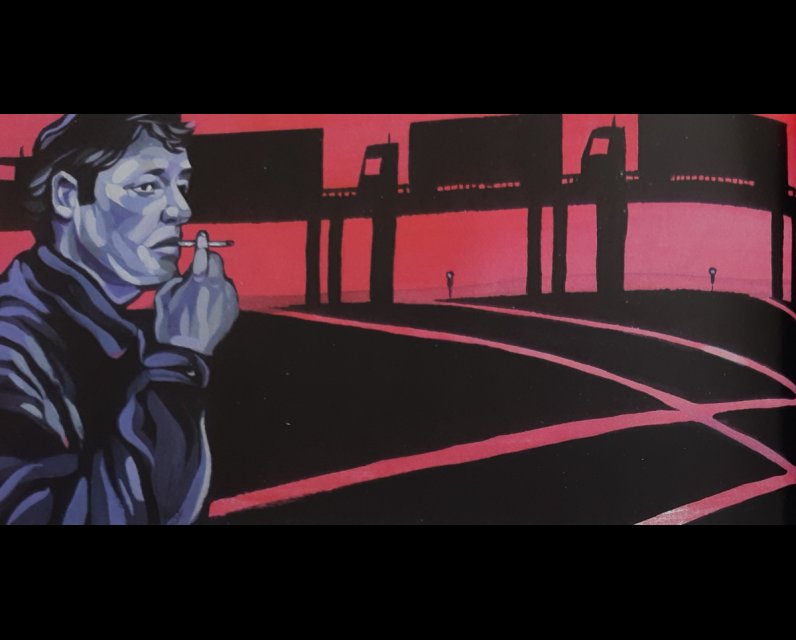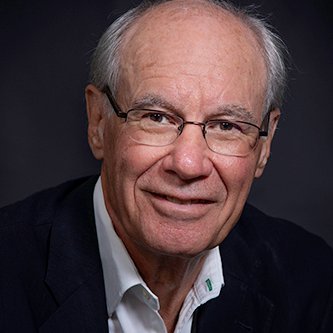Unpublished Opinions
Clive Doucet is a distinguished Canadian writer and city politician. He was elected for four consecutive terms to city council in Ottawa from 1997 to 2010 when he retired to run for Mayor.
As a city politician he was awarded the Gallon Prize as the 2005 Canadian eco-councillor of the year. He was defeated twice by Jim Watson in 2010 and 2018 when he ran for the Mayor’s chair. He presently lives in Grand Etang, Inverness Co., Nova Scotia.
Mr. Doucet has agreed to write a series of nine essays about his Ottawa municipal career which
Unpublished Media will begin publishing in January 2023.
The story and opinions are his own.
The Watsonics, Part VII: A poet goes to City Hall

The new provincial rules permit both the mayors of Toronto and Ottawa to create bylaws, policies, fund projects etc., with only a one-third of council behind anything they want to do; that’s so easy, it scarcely requires a phone call.—Clive Doucet
Maisonneuve is a smart Montreal magazine which has the feel of a Canadian New Yorker with smart graphics, plugged in editors and a big city vibe. At the start of 2005, Maisonneuve published a long article of mine called “A Poet Goes to City Hall” with the subtitle, ‘No Exit Dept.’ At the time, I scarcely noticed the subtitle. I was enthralled with the stylish graphics of an elevated highway, a Leonard Cohen evocation and Lego toy drawings of suburban sprawl. I was at the top of my game and in the news a great deal. As I heard a fellow city councillor say in the Green Room, you couldn’t swing a dead cat in the city without hitting Clive Doucet.
We were on the verge of signing a world beating contract with Siemens International for the longest, cheapest urban rail line in North America. The competitive process we had used to get this contract signed by Siemens had won a national procurement award. The Siemens contract was to be the first step of changing the entire city with fast modern street level rail service and was part of the reason we were able to get such a great deal from Siemens. They wanted to be the company which returned surface rail to the nation’s capital. They wanted to see Siemens trains driving down Ottawa main streets.
I couldn’t know it then, but I was at the pinnacle of my city career. Less than two years later it would all come crashing down. In 2006, Mayor Chiarelli would be defeated by the usual left wing in-fighting. A new business mayor would be elected. He would tear up the Siemens contract, send the city to court, and start re-thinking the entire surface rail system. He was a high-tech business guy and called trashing the Siemens contract ‘a reset’ as if a billion-dollar city earth-moving project was a computer app. The reset would send the environmentally safe trains underground, tear up the western parkway, cost billions more than the surface system, and ultimately crash the city’s entire transit system and the city budget itself.
Today, when I re-read that article, “A Poet Goes to City Hall” what strikes me most forcefully is the ‘No Exit Dept.’ subtitle. The Maisonneuve editors had liked the essay but saw no solution possible to the problems it laid out. They were right, because 17 years later I wouldn’t change a word. The problems of developer control of the city’s governance which I described in 2005 are worse in 2023. In 2005, the developers had not even gotten control of the city’s oldest, largest public space to build another mall. It didn’t even seem possible.
I overheard the City Manager saying exactly this to one of the developers as he was leaving his office: “I don’t know. Lansdowne may be a step too far.’’ The response: “Have faith. We’ll find the votes”. The words floated by me as I entered the mayor’s office which was directly adjacent to the city manager’s. The only reason I remember them was he was right. It would be a long, difficult bumpy road but in the end, he would find the votes and the developers would triumph.
My city career would take a long time to extinguish completely. I would be re-elected in my ward and later run for Mayor doing respectably, but looking back the reality was, it died in 2006 with Mayor Chiarelli’s defeat and the return of business as usual to City Hall. After his defeat, in 2007, I would write a long lament called “Urban Meltdown: Cities, Climate Change and Politics as Usual”. The book would be reviewed well and be shortlisted for a national award for political writing, but my actual political career was very much over.
“A Poet goes to City Hall in the Watsonic Years” is exactly what it says it is, the story of a poet who becomes a city councillor and very slowly discovers just about everything he assumed about democracy and local government was wrong. The comprehensiveness of that control is hard for anyone to grasp because its so enduring. 1997 to 2023 is an entire generation. Nor does anything ever seem to deter it. The city’s Integrity Commissioner found the chair of the city’ Planning Committee had a developer’s lobbyist working in her office with access to all the files, discussions, and every planning secret the city had. Nothing happened. Nor could there be anything more damning that the province’s investigation into the city’s mismanagement of the tunnel construction and its many related contracts. How was it possible for a contractor who couldn’t make the technical qualifications, to win the contract? You would think that would have demanded a different contractor. Nothing matters but who you know.
The reality is there is no City Hall. The newest Watsonic Mayor, Mr. Sutcliffe, doesn’t even have to cobble together a majority from the councillors who receive election funding from developers. The new provincial rules permit the Mayors of Toronto and Ottawa to create bylaws, policies, fund projects etc. with only a third of council behind anything they want to do; that’s so easy, it scarcely requires a phone call.
The problem is when you aren’t obliged to talk to anyone but close friends, it’s easy to get to the wrong place, and no surprise, the Watsonic years have seen it happen over-and-over-again. During the Occupation of the city by a couple of hundred anti-vaxers with trucks, the federal government was driven to briefly invoke the equivalent of Pierre Trudeau’s War Measures Act because the City of Ottawa police wouldn’t do their job, and no one could make them do it.
There was another election in 2022 and another mayor was elected. Apart from the city manager who quietly resigned and the city’s incumbent mayor who also stepped down, nothing has changed. All quiet on the City Hall front.
Clive Doucet served as Capital Ward’s City Councillor from 1997 to 2010. He ran for Mayor twice in 2010 and 2018. His last book is Grandfather’s House, Returning to Cape Breton. The Watsonics is a nine part political memoir being published in instalments, here first on Unpublished.ca.
More in this series...
The Watsonics, Preface: A hard slap >
The Watsonics, Part I: Walking Through the Door >
The Watsonics, Part II: Looking Back >
The Watsonics, Part III (a): Battle at the Ol' Cattle Castle >
The Watsonics, Part III (b): Amalgamation Squashes Democracy >
The Watsonics, Part IV: Grandfather's Farm >
The Watsonics, Part V: Reality Vs. Idealism >
The Watsonics, Part VI: Ottawa—A Reflection Of Ancient Uruk In Canada >



Comments
Be the first to comment